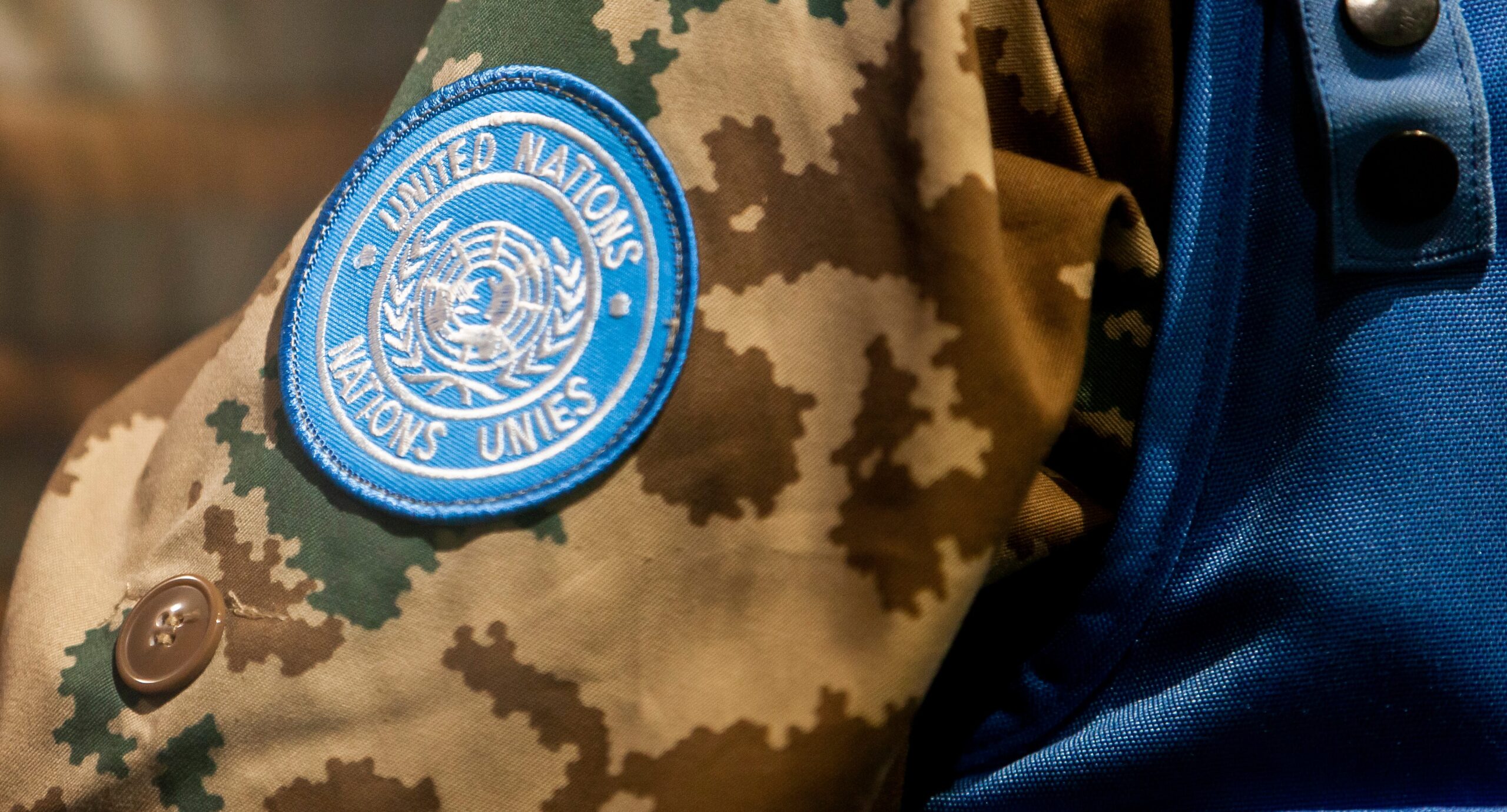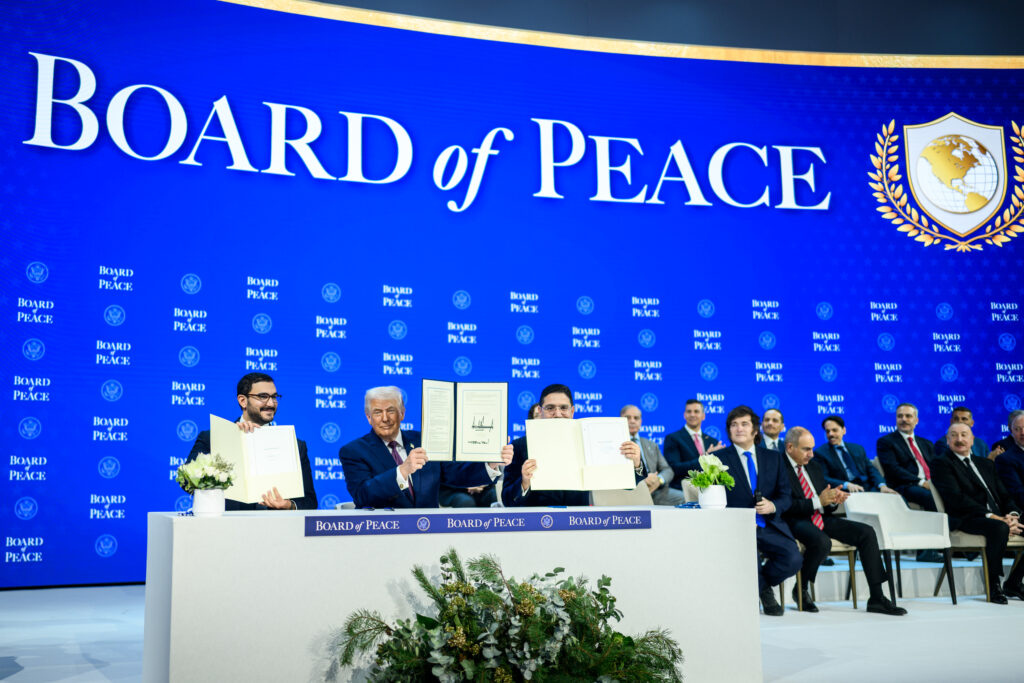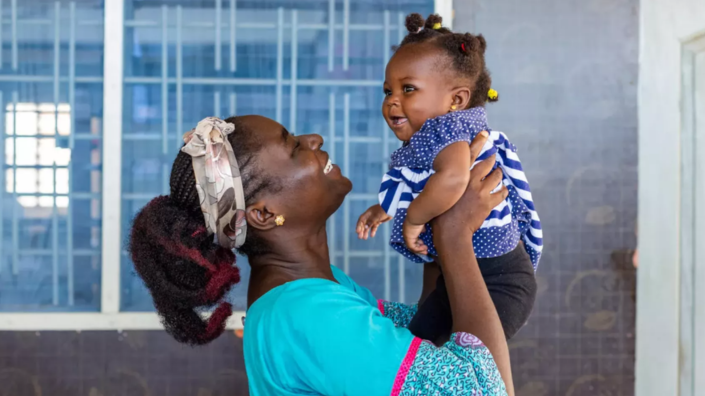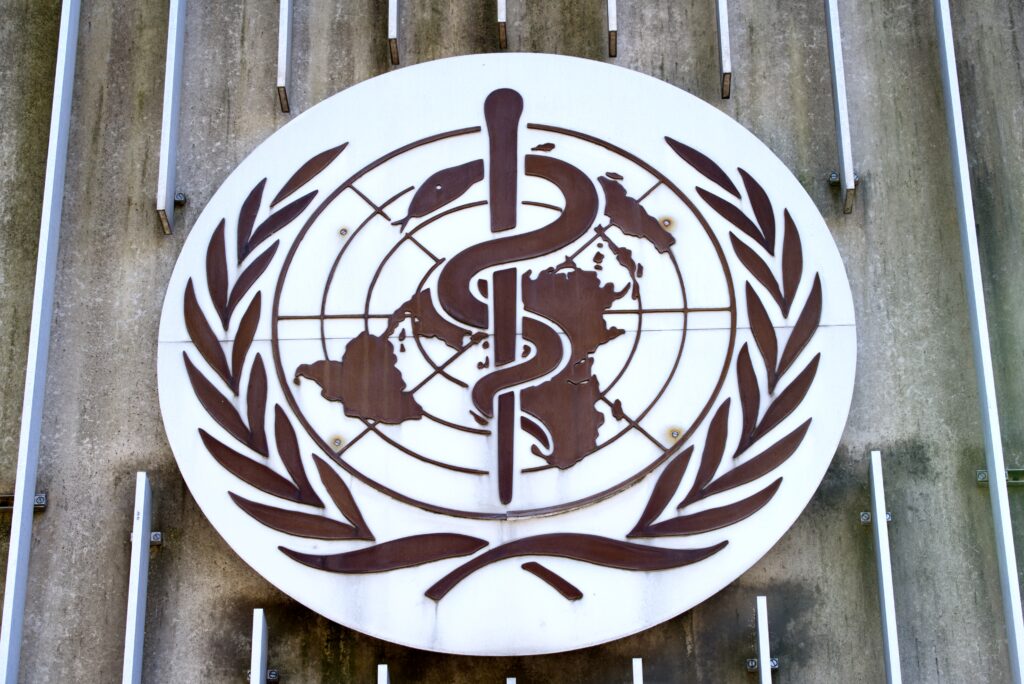Washington, DC (June 15, 2023) – Today, Congresswoman Sara Jacobs (D-CA) introduced the U.S. Commitment to Peacekeeping Act of 2023, along with co-leads Representatives Sydney Kamlager-Dove (D-CA), Jonathan Jackson (D-IL), Dean Phillips (D-MN), and Joaquín Castro (D-TX). The legislation ensures the U.S. can pay its financial assessments to UN Peacekeeping operations in full, bolstering the nation’s position within the institution and around the globe.
Speaking in support of the legislation, Peter Yeo, President of the Better World Campaign, remarked, “Americans understand our credibility on the world stage depends largely on us following through on our international commitments. Paying our assessed and agreed upon dues strengthens our favorability and ensures that authoritarian nations can’t fill the gap that our arrears have created.”
The Better World Campaign joins several other organizations advocating for passage of the bill, including Refugees International, the Friends Committee on National Legislation, the Center for Civilians in Conflict (CIVIC), and the United Nations Association of the U.S. (UNA-USA).
The legislation’s sponsor, Rep. Jacobs, worked within the UN’s Department of Peacekeeping Operations, as well as in the U.S. State Department focusing on peace and conflict resolution issues. In 2022, Congresswoman Jacobs traveled to South Sudan and observed firsthand the role of peacekeepers in protecting civilians from harm. Witnessing how UN Peacekeeping saves lives, shortens conflicts, and cost-effectively extends U.S. national security interests, Rep. Jacobs and her co-leads believe efforts at reforming and strengthening the UN are best served when the U.S. respects its obligations and mobilizes allies to advance shared interests.
American dues to UN Peacekeeping are currently set at a rate of 26.9% of the total UN Peacekeeping budget. Decades ago, however, Congress passed a law restricting U.S. contributions to just 25%. While the cap has occasionally been lifted, its entrenchment over the past seven years has resulted in arrears that now exceed $1.2 billion. Consequently, financing of peacekeeping operations is often unreliable, and troop-contributing countries risk not being fully reimbursed for sending their peacekeepers into harm’s way.
These shortfalls are especially problematic as peacekeeping missions face a critical shortage of valuable assets, namely aircraft, due to the Russian invasion of Ukraine. In past years, Ukraine has been one of the largest contributors of planes and helicopters within peacekeeping missions, but they have had to withdraw all troops and military aircraft, which comprise almost 20% of the UN fleet. U.S. funding delays disincentivize contribution of valuable assets from other nations since countries are uncertain when or if they will be compensated.
The 25% cap has been lifted more than a dozen times in the last 25 years, during both Republican and Democratic administrations, but one-year fixes have not solved the underlying problem. The need for a permanent approach to funding is clear, as is the imperative for the U.S. to honor its obligations. The American public agrees. A recent poll finds that four out of five U.S. voters support paying unpaid dues, with 59% believing the U.S. should help the UN replace assets withdrawn by Ukraine.
In 2022, the House of Representatives passed the original U.S. Commitment to Peacekeeping Act. We urge the House to again support the bill, for the Senate to follow suit, and for the U.S. to make clear that great nations pay their dues.
Media Contact:
info_bwc@unfoundation.org




